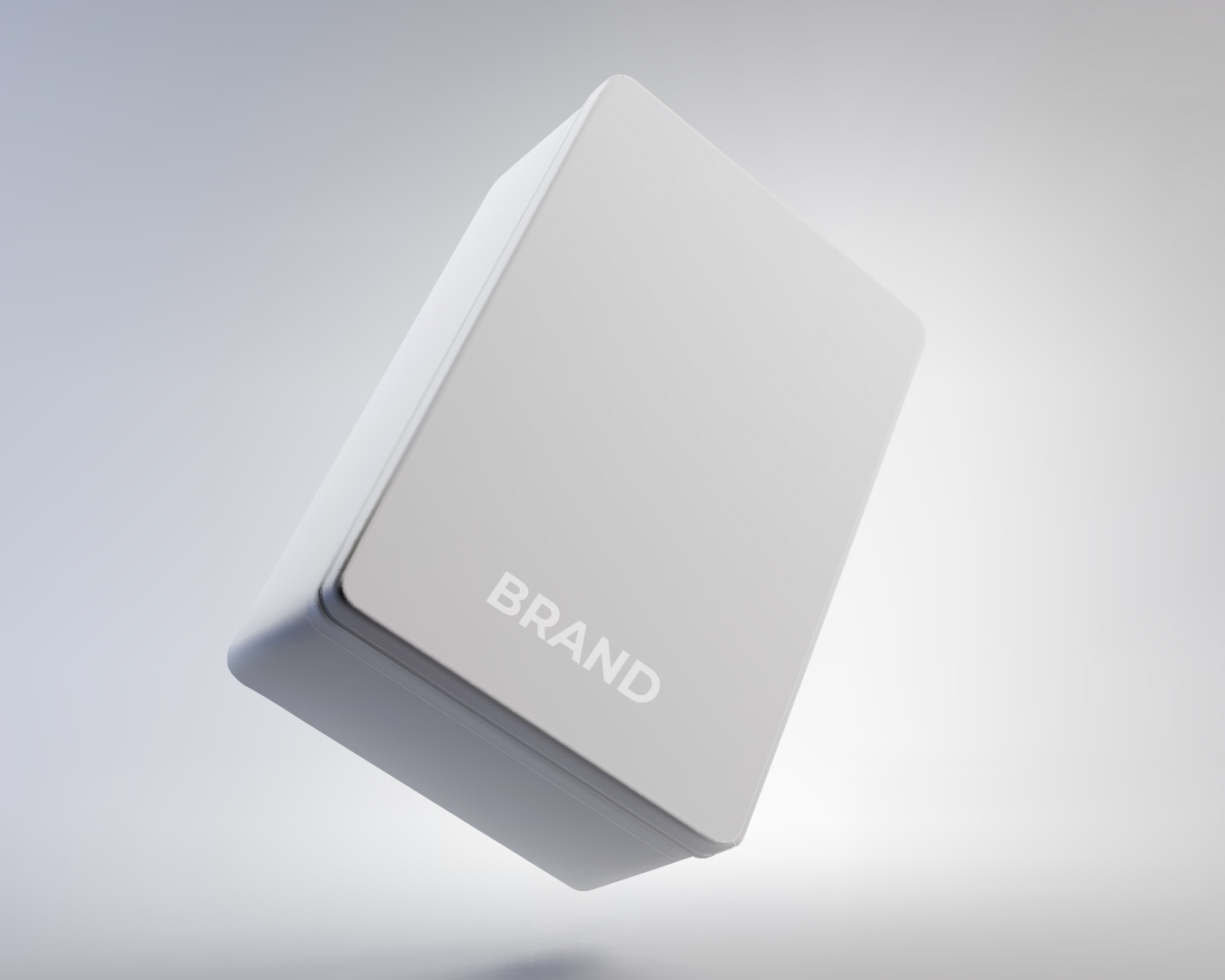
The development of private brand products is booming. In 2020, the market share of private brands in the United States was 19.5 percent, according to Statista. Over that year, retail sales of packaged goods sold under store brands in the US amounted to around 158.8 billion dollars, an increase compared to the previous year.
According to a 2020 consumer survey from the Food Marketing Institute (FMI) and IRI, 46% of consumers say store brands influence their store choice, up 11% over research three years earlier. In Daymon’s annual Private Brand Intelligence Report, 87% of consumers polled said private brand quality is just as good if not better than that of national brands, up 9 percentage points from 2018. In addition, 92% said private brands fit their lifestyle just as much or more than national brands, a 7 percentage-point increase over the previous two years, while 71% of consumers who shop at best-in-class retailers do so specifically for their private brands.
How Amazon Paved the Way
Chief among digital disruptors, Amazon is using private brands as a sales advantage. Amazon owns more than 100 private brands that operate in loads of markets on its site, including food and beverage, automotive, clothing, and electronics. Amazon brands create products similar to popular brand-named products on the site and sell them for a lower price.
Its Manufacturer Accelerator Program seeks out retailers that can help drive Amazon’s private brand objectives by doing the work on the production side. Amazon solicits new products to be manufactured and exclusively sold on Amazon directly and, in return, handles the marketing and promotion of these products.
Amazon’s Top-Performing Private Brands
According to Numerator, brands selling in Amazon’s core consumer packaged goods category – household, grocery, baby, pet, beauty, and health products – saw 81% growth between 2017 and 2018. AmazonBasics is Amazon’s best-selling private brand and has been offering essential home goods, office supplies, and tech accessories since 2009. The company’s range of private brands is growing and now includes jewelry brand Amazon Collection, affordable clothing from Amazon Essentials, denim jeans and casual clothing from Goodthreads, and products for babies and kids from Mama Bear.
Why Private Brands Matter
Following the pandemic-fueled growth in demand for athleisure wear, fitness company Peloton recently launched a comprehensive in-house private brand collection under the Peloton Apparel name. The move will likely increase loyalty to the athletic brand and create multiple cross-selling possibilities.
Long-established national brands are essential to any retailer or distributor’s assortment, but customers are no longer limited to just those brands, rather they are focused on products that meet their needs, offer the desired features, and are readily available. Private brands can be tailored quickly to respond to customers’ requests for new features in many cases faster than nationally branded goods.
Private brands are important right now because they allow companies to control their marketing, giving retailers the freedom to tailor products to local needs and tastes. They also offer greater control over production and brand image, which means merchandising executives can determine the right selection of products for their customers and manage their own price-to-quality ratios.
The Profitability Advantage
Private brands also lead to improved retailer margins as, in many cases, they are sourced from the same factories as the national brands. Specifically, if products do not have a unique feature set, and become commoditized in the market, this allows retailers to pursue private brand alternatives as a complement to their national brands.
Originally published on LinkedIn on February 22, 2022